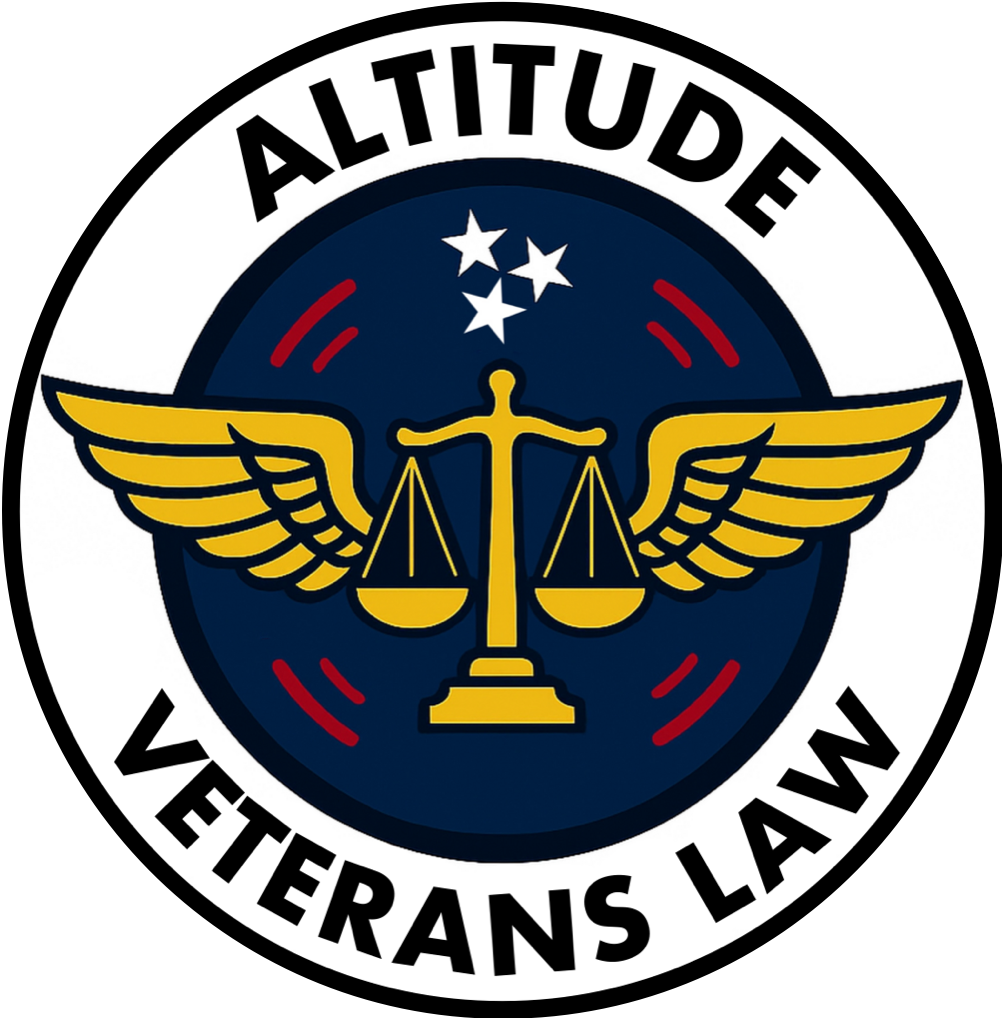The Push to End the “VA Disability Offset” — What It Means for Retired Veterans
For decades, retired service members have faced a frustrating reality: if you receive both military retirement pay and VA disability compensation, one offsets the other. In other words, part of your hard-earned retirement check gets reduced because you also receive VA disability benefits.
This “VA disability offset” has long been criticized as unfair. After all, retirement pay is compensation for your years of service, and disability pay is compensation for the injuries you sustained while serving. You earned both. You shouldn’t have to give one up to receive the other.
Today, there’s growing momentum in Congress to fix this problem. Let’s break it down.
What Is the VA Disability Offset?
When a retiree qualifies for both VA disability and DoD retirement pay, the government reduces retirement pay dollar-for-dollar by the amount of VA disability received.
Some retirees avoid or reduce this offset through programs like:
CRDP (Concurrent Retirement and Disability Pay): Automatically restores retirement pay for veterans rated 50% or higher.
CRSC (Combat-Related Special Compensation): Available if your disability is combat-related, but you must apply.
Even with these programs, thousands of retirees — especially those forced to medically retire with fewer than 20 years of service — still lose out.
Why Veterans Say It’s Unfair
Two different benefits: Retirement and disability serve different purposes. One rewards service, the other compensates injury.
Medically retired veterans are hardest hit: Some see their entire retirement wiped out by the offset.
Patchwork laws leave gaps: CRDP and CRSC help some, but not all. Many veterans remain stuck.
The Major Richard Star Act
One of the leading proposals in Congress is the Major Richard Star Act (H.R. 2102 / S. 1032). Named for an Army officer medically retired due to combat injuries, the bill would:
Allow combat-disabled veterans who were medically retired — even those with fewer than 20 years of service — to receive both their full retirement pay and full VA disability compensation.
Benefit more than 50,000 veterans who currently lose part or all of their retirement pay.
Give eligible veterans the choice of staying in CRSC or opting into full concurrent receipt.
In July 2025, this bill was filed as an amendment to the annual defense bill (NDAA), which significantly boosts its chances of passing.
What It Would Mean for You
If the offset ends:
No more give-back: Retirement checks would no longer be reduced by VA disability.
Greater financial stability: Veterans could keep thousands of dollars a year in retirement income.
Tax advantage: Because VA disability pay is tax-free, you’d keep more money in your pocket.
What You Can Do Right Now
Track the Major Richard Star Act as it moves through Congress.
Reach out to your representatives — tell them you support ending the offset.
Check current benefits: You may already qualify for CRDP or CRSC and reduce the impact of the waiver.
Stay connected: Changes like this move quickly, and informed veterans are better positioned to act.
Final Word
At Altitude Veterans Law, we’ll continue to track these developments and fight for the benefits our veterans deserve. If you have questions about how the offset affects your retirement or disability benefits, reach out — we’re here to help.
